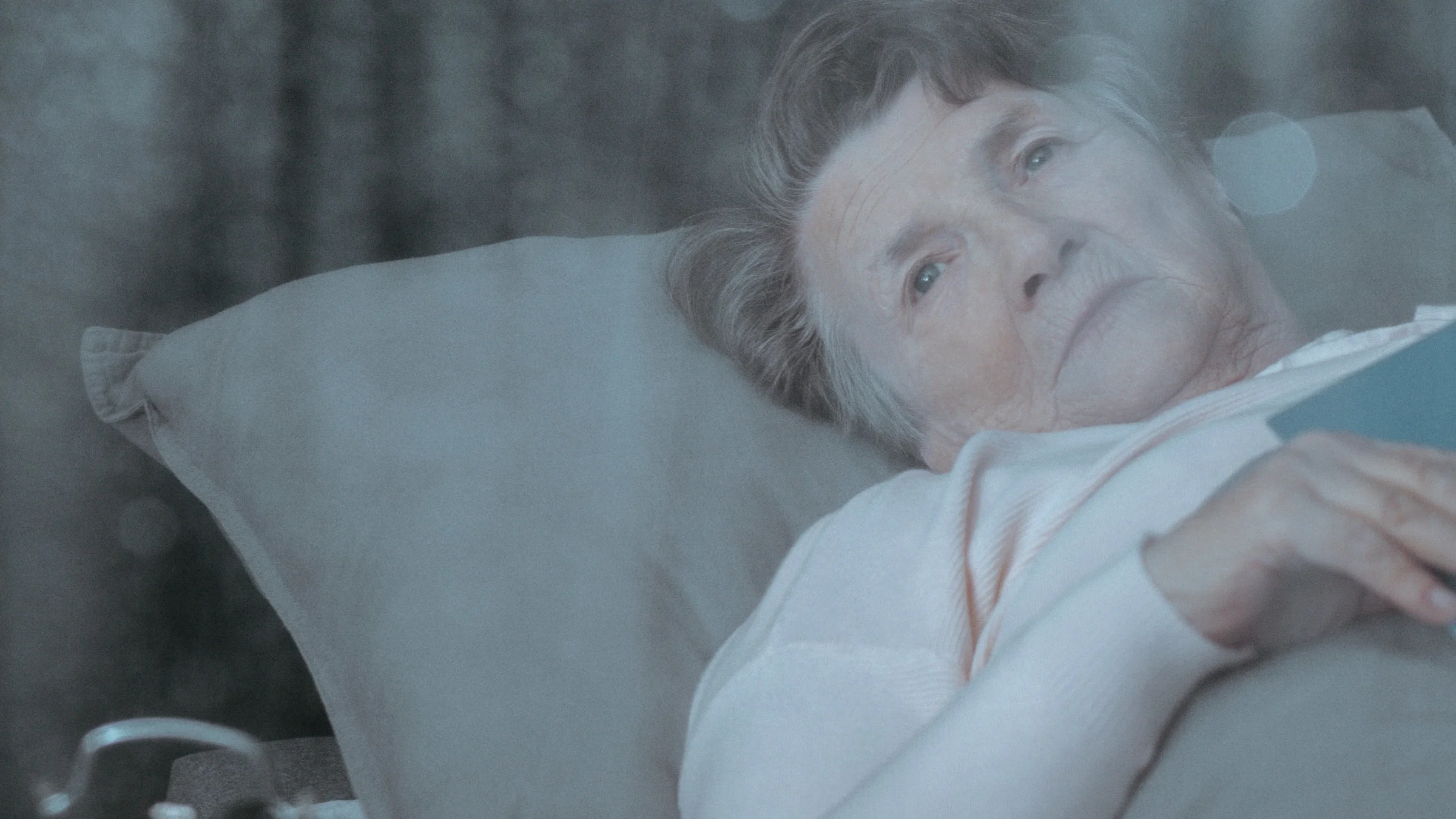Key takeaways:
Broken heart syndrome is a rare condition that is stress induced.
The signs and symptoms of broken heart syndrome may be very similar to the signs and symptoms of a heart attack.
Most people recover fully from broken heart syndrome, although serious complications are possible.
Broken heart syndrome is a rare condition in which mental or emotional stress leads to temporary heart muscle dysfunction. It can happen to anyone, but it most commonly happens to older women. It can feel similar to other heart problems, like a heart attack, but there are a couple key differences. We’ll discuss what happens in broken heart syndrome, why it happens, and what kind of tests and treatment to expect if it happens to you.
What is broken heart syndrome?
Broken heart syndrome is also known as Takotsubo cardiomyopathy or stress-induced cardiomyopathy. It’s a condition where the heart muscle becomes temporarily dilated and does not function normally. In any kind of cardiomyopathy, the heart muscle weakens and cannot pump blood as well as it usually does. Other types of cardiomyopathy are often permanent. But stress-induced cardiomyopathy is unique in that it usually improves back to normal over a matter of weeks.
Broken heart syndrome is rare. Only 1% to 2% of people who have chest pain or other symptoms related to heart problems have broken heart syndrome.
Search and compare options
What are the symptoms?
Signs and symptoms of broken heart syndrome can be similar to those of other heart problems. Common symptoms include:
Chest pain
Shortness of breath
Arrhythmia or an abnormal heartbeat
Cardiogenic shock, a very low blood pressure that can cause failure of other organs or death (occurs in 10% of patients)
In some cases, symptoms may start immediately during a stressful event, but not always. Sometimes people do not have any symptoms until hours later.
What causes broken heart syndrome?
Stress-induced cardiomyopathy typically happens after a mentally or emotionally stressful event. Any event that causes significant emotions can cause broken heart syndrome, such as:
Grief
Fear
Anger
Excitement
In fact, intense emotions often cause the majority of cases. This is because mental and emotional stress can affect your heart health.
Read more like this
Explore these related articles, suggested for readers like you.
How can emotional stress affect the heart?
Your body normally responds to mental or emotional stress by releasing stress hormones. These hormones work to increase your blood pressure and heart rate. For people with heart disease, or risk factors for heart disease, severe or sudden increases in heart rate or blood pressure can sometimes lead to decreased blood flow to the heart and cause a heart attack.
What happens in stress-induced cardiomyopathy is similar, except that it can happen to people without heart disease or even risk factors for heart disease. In these cases, the sudden increase in stress hormones can overwhelm the heart muscle and cause it to not function normally.
Scientists do not yet know exactly why and how broken heart syndrome happens. But recent research seems to suggest it could be due to how a sudden and significant increase in stress hormones affects heart cells. Other possible reasons someone may have stress-induced cardiomyopathy include:
Dysfunction of tiny blood vessels in the heart
Blood vessel spasm
Low estrogen levels
Chronic inflammation
Stress-induced cardiomyopathy often happens after mental or emotional stress. But there are times when physical stress can cause broken heart syndrome, such as:
Severe illness
Surgery
Stroke
Seizures
Difficulty breathing
In 30% of cases, there is no obvious cause.
Who is at risk of having broken heart syndrome?
Anyone who experiences a very stressful event could potentially develop broken heart syndrome, but post-menopausal women are most at risk. Nearly 90% of cases happen in women after menopause. And the risk of developing broken heart syndrome is 5 times higher after age 55.
Although women are more likely to have broken heart syndrome, men who have the syndrome are 3 times more likely to have serious complications or to die from the condition.
How is broken heart syndrome different from a heart attack?
The signs and symptoms of broken heart syndrome can be so similar to those of a heart attack that someone having broken heart syndrome would not be able to tell the difference. Sometimes, even doctors can’t tell the difference right away. This is because some of the tests that typically diagnose a heart attack can show similar results.
These tests include:
Electrocardiogram (ECG), an electric tracing of the heart
Special blood work, called cardiac enzymes, that increase after heart muscle damage
Echocardiogram, an ultrasound of the heart
Cardiac catheterization, a test that looks for blockages in the blood vessels around the heart and unblocks them if possible or necessary
In a heart attack, ECG and echocardiogram typically show parts of the heart muscle not working normally and blood work usually confirms heart muscle damage. Cardiac catheterization often shows a blockage in one or more blood vessels supplying the heart muscle.
In broken heart syndrome, ECG and echocardiogram may also be abnormal, but with a different pattern to that seen in heart attacks. When it comes to blood work, it usually shows less muscle damage than expected. On cardiac catheterization, the blood vessels usually appear normal, without blockage.
One final difference: The heart muscle damage from a heart attack is permanent, while damage from broken heart syndrome is not. In broken heart syndrome, the heart tends to make a full recovery over days to weeks.
What is the treatment for broken heart syndrome?
The initial treatment for broken heart syndrome is similar to the treatment for a heart attack: a combination of medications to lower blood pressure, treat pain, and reduce the risk of blood clots. Cardiac catheterization may be part of the treatment for a heart attack and may be the final clue to the diagnosis of broken heart syndrome.
Once doctors make the diagnosis of broken heart syndrome, further treatment may focus on identifying and preventing serious complications, such as cardiogenic shock and death, that can happen before the heart recovers. Although broken heart syndrome is rarer than heart disease and has a better prognosis for full recovery, it does still carry a similar risk of shock and death.
Does the heart recover from broken heart syndrome? What are the long-term effects?
The prognosis for broken heart syndrome is generally good. Most people make a full recovery within 6 to 8 weeks and only 1% to 2% have another episode. About 4% of people may die from the condition, but at least 25% may have complications, some which may be serious.
These complications include blood clot in the heart and abnormal heart rhythm, as well as:
Mitral valve dysfunction: when one of the heart valves does not work normally and may cause abnormal blood flow through the heart
Heart failure: when the heart does not pump blood as well as it normally does
Cardiogenic shock: a very low blood pressure that can cause organ damage and happens when the heart is too weak to pump enough blood to keep up a normal blood pressure
Heart chamber wall rupture: a very rare complication where the wall of the bottom left chamber of the heart tears open, leading to cardiac arrest and death
The bottom line
Broken heart syndrome is a rare but potentially serious heart condition that happens after a mentally, emotionally, or physically stressful event. The signs and symptoms can be very similar to a heart attack. Key differences between broken heart syndrome and a heart attack are that in broken heart syndrome, there is no blockage in the heart’s blood vessels and no permanent heart muscle damage. Most people with broken heart syndrome make a full recovery, although serious complications, including death, are possible.

Why trust our experts?


References
Ahmad, S. A., et al. (2022). Takotsubo cardiomyopathy. StatPearls.
American Heart Association. (2015). Cardiac catheterization.
American Heart Association. (2022). Is broken heart syndrome real?
Johns Hopkins Medicine. (n.d.). Broken heart syndrome.
Khalid, N., et al. (2022). Pathophysiology of Takotsubo syndrome. StatPearls.
Namgung, J. (2014). Electrocardiographic findings in Takotsubo cardiomyopathy: ECG evolution and its difference from the ECG of acute coronary syndrome. Clinical Medicine Insights: Cardiology.
Pelliccia, F., et al. (2017). Pathophysiology of Takotsubo syndrome. Circulation.


















